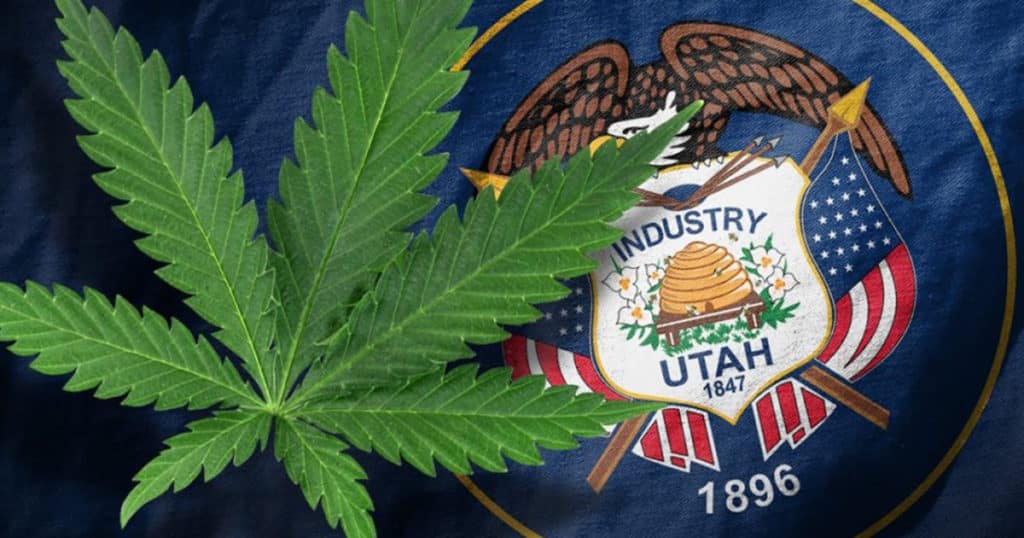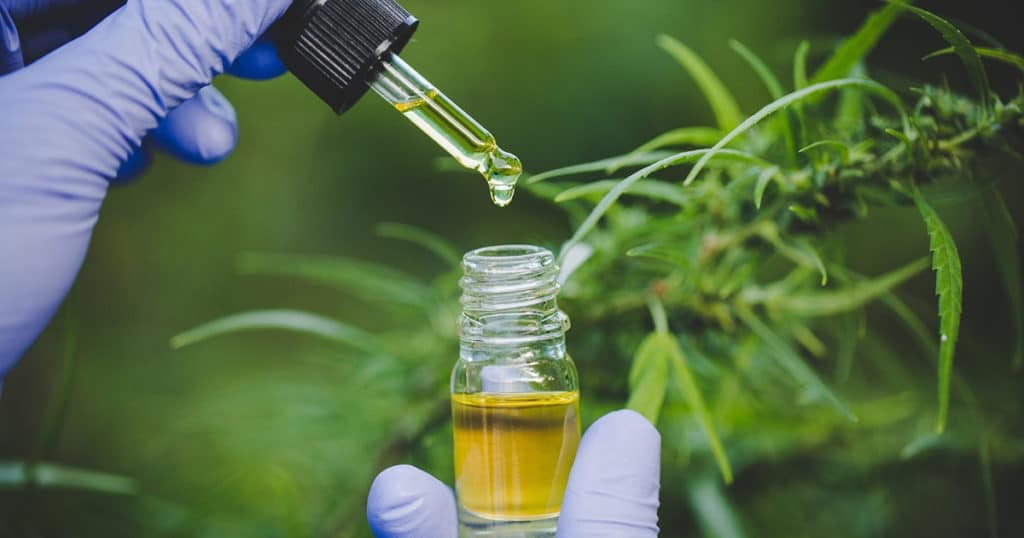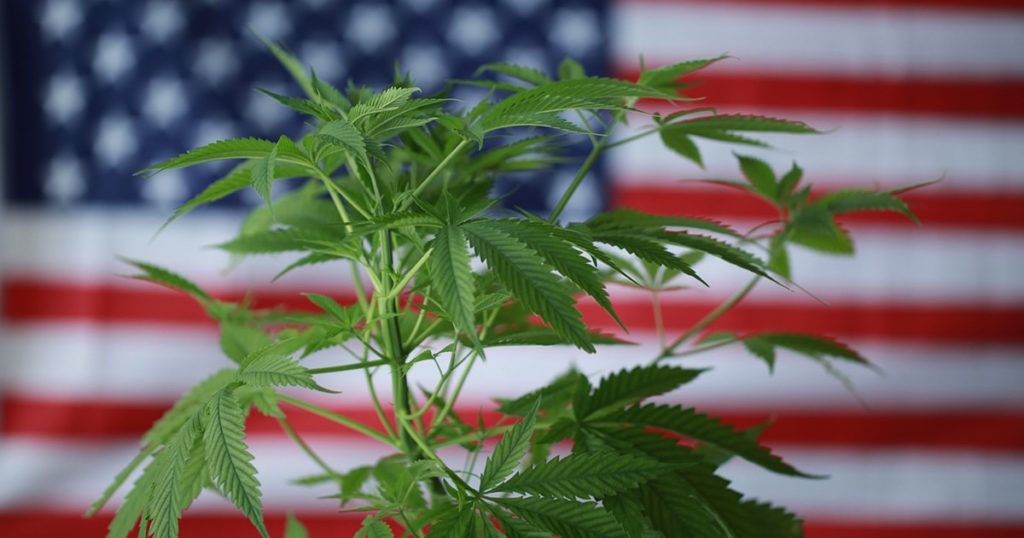As cannabis regulation tightens across the country, Utah is leading the charge when it comes to protecting its medical marijuana market from potentially dangerous synthetics, such as Delta-8 THC. Currently, Utah law allows edibles, cartridges and vaporizers to be sold in state-licensed pharmacies. The regulators have concerns after patient advocates and researchers have brought safety concerns, specifically the MMJ market that voters legalized back in 2018.
Medical marijuana dispensaries in Utah currently offer a wide variety of products, including licensed and regulated cannabis products. However, many of these establishments also sell unregulated delta-8 THC and other synthetic cannabinoids, which are not subject to the same testing and labeling standards as licensed cannabis products.
In recent months, Utah officials have been pushing for more regulation of delta-8 THC and other synthetic cannabinoids in the medical marijuana market. Delta-8 THC is a synthetic cannabinoid that has recently gained popularity in the medical cannabis community due to its ability to provide psychoactive effects without the same level of intensity as traditional tetrahydrocannabinol (THC).
While delta-8 does have some potential medical benefits, it has also been associated with adverse side effects such as confusion, disorientation, and paranoia. However, not much clinical data is available. As a result, Utah officials believe it is prudent to take a cautious approach and seek tighter regulation of them, if not prohibition. This could mean requiring all synthetic products to be tested and approved by the state before they can be sold at dispensaries. It could also involve stricter labeling requirements so that consumers know exactly what they are buying.

The problem is that there is a lack of knowledge and information available about these synthetics, making it difficult to determine their safety. While some states have placed restrictions on the sale of delta-8 THC, Utah wants to go further to prohibit it entirely. This is due to the fact that these synthetics have not undergone any research or clinical trials to determine their long-term effects or potential for abuse.
Given the potential risks associated with the use of these synthetics, Utah officials believe that it is best to keep them away from licensed, legal cannabis products in dispensaries. With no adequate research available to support the safety of these synthetics, Utah believes that prohibiting their sale altogether is the best course of action.
Ultimately, additional research must be conducted before any conclusive statements can be made regarding the safety of delta-8 THC and other synthetics. Until then, Utah will continue to advocate for more stringent regulations on these products in order to protect public health and safety.
As Utah lawmakers and medical marijuana advocates seek stricter regulation on delta-8 THC and other synthetics in the state’s medical marijuana market, one of the biggest concerns is the lack of information available on their safety and efficacy. Delta-8 THC and other synthetic cannabis products are not well studied or understood, and while they may offer a certain level of convenience or cost savings, the potential health risks should be considered before they are sold alongside licensed, legal cannabis products in dispensaries.
In order to truly understand the effects of these synthetic cannabis products, further research is needed. While it is true that more natural forms of cannabis have been studied for centuries, the advent of synthetics has created a new set of challenges that researchers are only beginning to scratch the surface of. The unique pharmacological properties of each product must be explored, as well as the potential interactions with other substances, in order to properly assess the risks associated with their use. President Biden is already one step ahead as he recently signed a Marijuana Research Bill—one step closer to more knowledge and findings on Marijuana.
Given the current legal landscape and the potential for abuse, it is essential that researchers understand the safety and efficacy of these products in order to properly regulate them. Without a clear understanding of their impacts on human health, there is no way to know whether they should be used in a medical context or even if they should be available at all.

Enjoyed that first hit? Come chill with us every week at the Friday Sesh for a freshly packed bowl of the week’s best cannabis news!

















